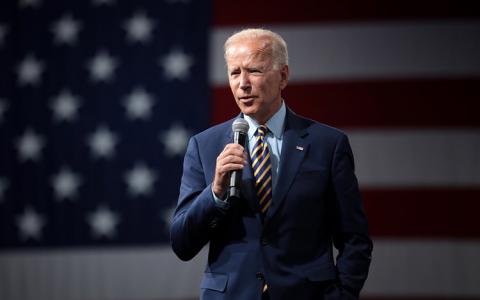
As President Joe Biden eyes a tax hike on America's wealthy, the exchange traded fund industry could benefit from an influx of investors seeking tax-efficient investment vehicles.
Biden has outlined plans to double the rate for those generating over $1 million per year on investment profits, which could accelerate the ongoing shift that has sent hundreds of billions of dollars from mutual funds to ETFs, Bloomberg reports. Observers have pointed out that characteristics like ETFs' tax efficiency could be a boon for those looking at a higher tax bill.
While the administration's plans remain in their nascent planning stages and face increased scrutiny on Capitol Hill, any incremental tax hike on capital gains would likely fuel further ETF usage, according to David Perlman, an ETF strategist at UBS Global Wealth Management.
“If capital gains tax rates are going to be higher, if you have a choice of a structure that helps to defer capital gains and gives you more control over when to recognize those gains, you’d be more inclined to go in that direction,” Perlman told Bloomberg.
With mutual funds, fund managers need to sell securities to raise cash for redemptions in case an investor exits the fund, which triggers a taxable event for all investors. On the other hand, ETFs follow an "in-kind" creation and redemption process where ETF issuers exchange shares for baskets of underlying securities, which does not trigger a taxable event.
According to researchers at Villanova and Lehigh universities, over the past five years, ETFs have exhibited an average tax burden that was 0.92% lower than active mutual funds. Furthermore, among high net worth investors, tax considerations have outweighed both performance and fees as the primary factor for investment flows out of active mutual funds and into ETFs.
“There’s no question Biden’s plan to hike the capital gains tax could be a boon for ETFs,” Nate Geraci, president of the ETF Store, an advisory firm, told Bloomberg. “Despite significant market share gains by ETFs over the past decade, there are still trillions of dollars locked in less tax efficient mutual funds.”
This article originally appeared on Nasdaq.



